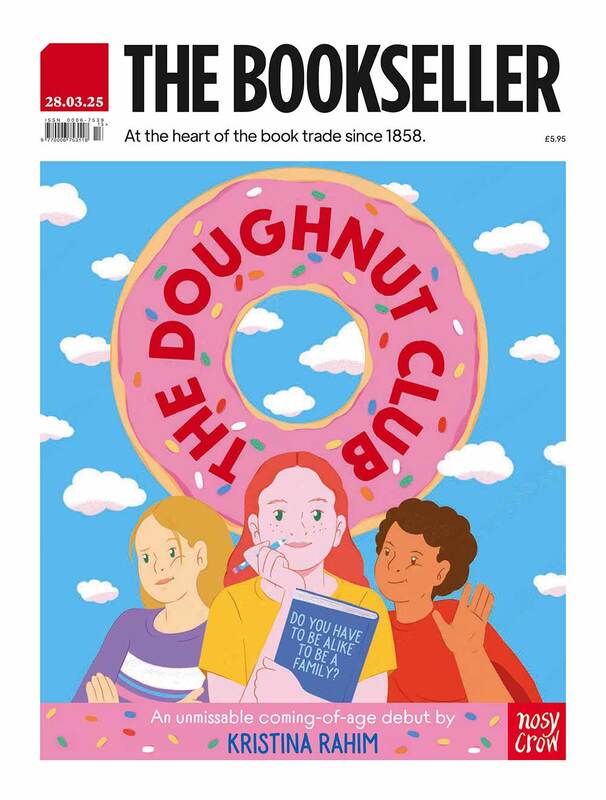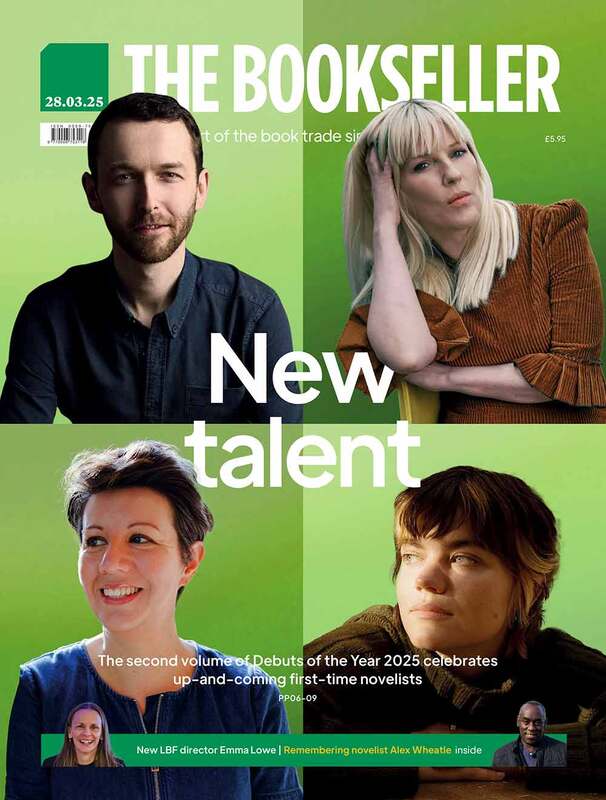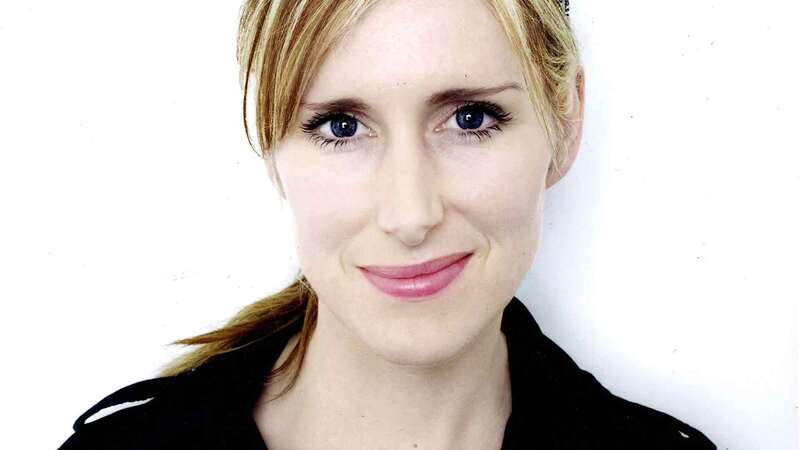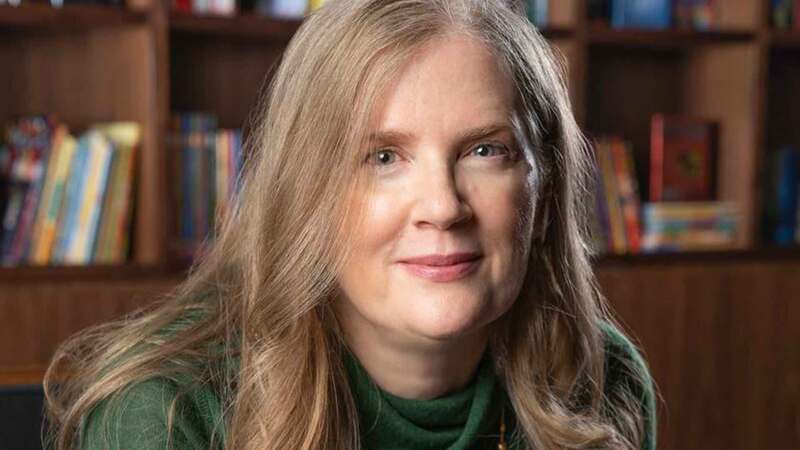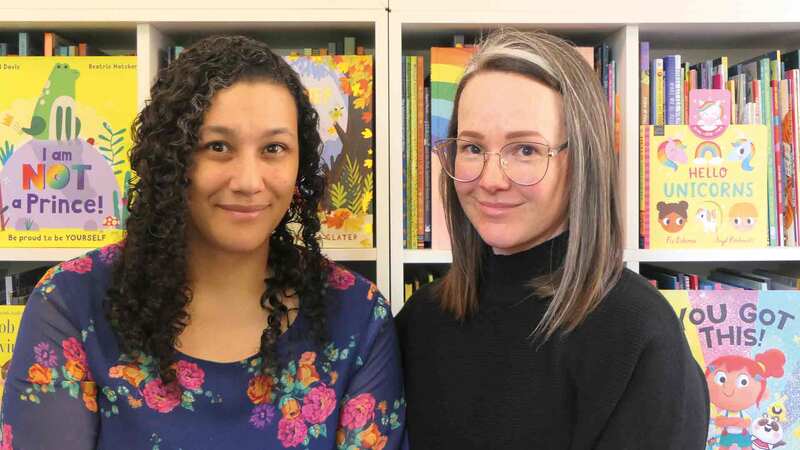You are viewing your 1 free article this month. Login to read more articles.
Book trade’s next generation fear burnout and low pay will force their departure
Young people in the book trade are experiencing widespread burnout and dissatisfaction about pay and progression, a survey by The Bookseller has revealed. The results also indicated that more needs to be done to make the industry accessible and that, though most respondents are largely satisfied in their current roles and hoping to stay in the industry, retention is a rising concern.
The bulk of the 238 people who completed the survey, which was aimed at book trade staff aged 25 and under, worked in publishing (86.5%), with agents accounting for just over 10% of respondents and booksellers accounting for just over 2%. The remainder hailed from the distribution, library and freelance sectors. When asked why they pursued a job in the industry, the vast majority cited a love of books and a desire to work in a creative field. Others highlighted the opportunity to make a cultural impact, with one distribution worker wanting to “be part of making a change with [regards to] diversity in the book world”.
In terms of entering the industry, more than half of the survey respondents found it “fairly easy” to find out information about the trade and the job roles available, but more than 40% had found this either “fairly” or “very” difficult. Furthermore, it was “fairly” or “very” difficult for over 80% to actually get a job in the book world. Common reasons for this included: huge competition for vacancies, unrealistically high expectations for “entry-level” roles, a lack of transparency about the industry, geographical constraints and the pandemic.
One respondent shared: “Even when you have transferable experience, you could be applying to entry-level, low-paid roles and hearing nothing back for well over a year… It can feel impossible.” The pandemic compounded this, as some companies paused hiring or internship schemes, while competition increased as experienced candidates who had been made redundant were also going for junior positions.
The first step
Several responses highlighted that “entry-level” roles regularly require applicants to have extensive work experience. According to one agent, publishers “expect more and more every year—now, even for junior positions, you often have to do two interviews and time-intensive tasks”. One publishing staffer felt that “the job hunt is harder than the job itself”, which was echoed by someone with a Masters in Publishing who confessed of their qualification: “I don’t need this to do my job at all in practical terms, it just adds to my CV.”
Several comments suggested that the barriers to entry are even higher for those who are working class, not white, not British, disabled and/or living outside of London. An agent described it as “near impossible” to find a good job outside London. One publisher who entered the trade via a dedicated scheme said they would have “struggled to get a job through a CV and cover letter, having no connections to the industry and not knowing what to highlight”. “The publishing industry is riddled with classism,” wrote another respondent, who felt judged for being working-class. A couple of answers touched on the application process for immigrants, with one person feeling they “had to jump through even more hoops to show my commitment” compared to British candidates.
When it comes to choosing an employer, respondents shared that they generally want to work somewhere that considers their wellbeing and offers progression, flexible working and a good work-life balance. Salary was a priority for many, along with company benefits, such as a good maternity policy and access to mental health support. Several felt that diverse representation of staff and authors was important, as was working for a firm that has networks to support staff from underrepresented communities and is socially responsible. Reputation came into the equation for some, with a bookseller saying they would consider both a company’s “position and reputation in the market” and its “reputation as an employer” before applying.
Reflecting on how their experiences within the industry have differed from their expectations, many found it friendlier than anticipated, but also less forward-thinking and glamorous. One person said: “Working for a large publisher was more corporate than I expected... I moved into working for smaller independents and I have really enjoyed that.” An agent was surprised by how “gossipy” the industry is and also by “the sheer amount of extra work people do outside of working hours and how this is very openly expected”.
Meanwhile, a Big Five publishing staffer had found that “in many ways, it’s been better” than their preconceptions, as “overwhelmingly, staff are kind, generous and super-creative”. However, they noted low morale in more senior colleagues, expanding: “Low pay, over-working, slow or no progression seem to be common themes. I’m at the very start of my publishing career and it makes me nervous for the future.”
This was echoed in the survey results, with similar topics arising in answer to a question about the key issues young workers face in their jobs. Many argued that they could not afford to live comfortably in London, with a Big Five staffer sharing: “Sometimes I have to skip meals to pay my bills.” Others confessed that they would not be able to support themselves without a secondary income or partner’s financial help.
Fitting in
On a more positive note, almost 75% of respondents feel “completely” or “mostly” able to be their authentic selves in their current job. Among the remaining quarter, some felt alienated because of their racial or religious identity, or due to working-class, regional or non-British backgrounds. A few respondents felt unable to disclose disabilities, mental health difficulties or their sexuality at work. A librarian said: “I’m scared to come out because I know I will be judged”, while a publisher wrote: “Disability in publishing isn’t talked about a lot—it’s something you manage personally. I didn’t state my dyslexia on my job application… I don’t want people thinking I can’t do my job.” According to one agent, “there is no way to be your authentic self as a marginalised person at work in publishing, as it is likely you are the only one.”
However, this did not reflect everyone’s experience. One Big Five staffer was able to be open about their sexuality and anxiety for the first time in the workplace. Meanwhile, an employee at another leading publisher said: “Being a person of colour from a working-class background, I am still a minority at work, but I feel like I am around like-minded people for the first time, so I definitely settled in more easily than I was expecting.”
For more than half of the respondents, their work had not presented a conflict with their personal values. Many who had felt conflicted indicated this was because they disagreed with the writing or views of an author their company published. One Big Five publishing staffer wrote: “Our employer did not speak up when an author of ours said some hurtful things about a vulnerable minority. I and others pushed back on this… but we were not listened to.” Others were more neutral, with another Big Five employee saying: “I’ve had to work with titles I don’t agree with publishing, but that’s inevitable with this industry. Thankfully… this is only ever a small part of my work.”
A couple of respondents were concerned about issues affecting authors. “I’ve found it difficult to negotiate contracts offering quarterly advances of four-figure sums, of not offering single accounting, of pushing hard for audio rights I know we’ll never use,” said a Big Five worker. A few felt money was being valued over the quality of work. An academic publisher shared that they “sometimes don’t feel comfortable with the standard of books we publish” as “it feels like there is so much pressure on editors to meet commercial targets that they will push anything through.”
The survey results indicated that the majority (almost 70%) are “completely” or “mostly satisfied” in their current role. The same number of respondents hope to still be in the book trade in five years’ time, however some clarified that “unsure” better reflected their feelings. For many, this is dependent on career development and wages raising in line with the cost of living in London. Some were already in the process of leaving the trade. One, who has just accepted a marketing role in another sector, wrote: “I love publishing and I do feel like it’s on the cusp of change as an industry, but financially I can’t afford to continue in my current role without progression... It’s a shame.”
Staying power
Retention of junior staff was raised again in answer to a question about crucial priorities for the future of the industry, along with diversity, flexible working practices and burnout. Many pointed out that often these issues intersect and that they will only be exacerbated by the cost of living crisis. A publishing worker also flagged that there is “simply not enough being done for disabled people that want to work in the industry, and that needs to change fast”, while another was concerned about “the safety of junior publishing staff from minority groups”, sharing their own experience of dealing with “transphobic abuse from more privileged people in publishing”.
Others were concerned about the threat of monopoly, with one respondent saying the trade should be “ensuring a variety of bookshops to allow a diversity in literary voices” and another warning that Penguin Random House “cannot [have] a monopoly this large without real damage to the industry for consumers, workers and, most importantly, authors”. There were also calls for more reliance on data, while climate change concerns and sustainability efforts were high on the agenda. “We need to put plans in place now and start experimenting with using other resources instead of paper,” said one respondent, while others highlighted the carbon footprint associated with printing books in China.
Words to the wise
Another section of the survey asked what young people want to tell senior managers about their experiences within the industry. Inclusivity was a key issue raised, with a Big Five staffer saying: “There are so many talented people from different backgrounds that would love to work in publishing and would do a fantastic job, but they simply cannot access any of the things that would help them get there (work experience, connections, money).” Some felt that even when underrepresented communities do break into the industry, they do not receive enough support. “With increased diversity comes needs you aren’t considering—our pay is supposed to support ageing parents, siblings in care...,” one respondent wrote, adding: “Stop expecting us to fit into publishing how it is, and change publishing to how we need it to be.”
Another publishing worker asked senior managers to bear in mind that “Covid has made junior workers feel isolated and lonely” and to encourage networking. Someone else wrote: “Ask younger people their opinions and really listen to the answers. Despite not having the depth of experience, they do have better understanding of current trends, aesthetics and social media.”
Again, answers largely focused on issues around pay, progression and burnout. Many wanted more support and structured training for junior staff and there were numerous calls for better communication about decision-making as well as transparency around wages and development. Others pointed to high turnaround in the trade currently as “a sign that there’s something very wrong”, with a Big Five publishing employee writing: “There needs to be a strategy to combat over-working, overtime and burnout. The industry cannot survive like this. The workers will not stay.”

